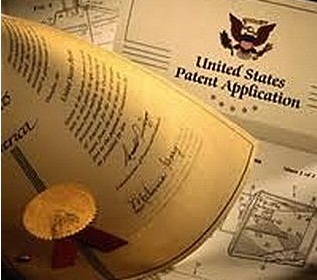IBM Demands $167m From Groupon In Patent Lawsuit

Big Blue alleges Groupon uses its patent technology and refuses to negotiate licensing deal
IBM is using its colossal patent portfolio to sue localised shopping web service Groupon, after it allegedly used Big Blue’s patented technology.
The lawsuit, which began back in 2016, alleges that the Chicago-based voucher vendor infringed four IBM patents in total.
Two of the four patents relate to Prodigy and a system for showing applications and advertisements that reduces server loads. Another alleged infringement concerns single sign on technology that allows consumers to log in to a retailer’s website with their Facebook or Google account.
![]()
Patent violation
IBM lawyer John Desmarais was quoted by Reuters as telling a jury in federal court in Delaware that Groupon infringed patents, despite the fact that its e-commerce technology had already been licensed to Amazon, Facebook and Alphabet’s Google for between $20 million and $50 million per company.
“Most big companies have taken licenses to these patents,” Desmarais reportedly said. “Groupon has not. The new kid on the block refuses to take responsibility for using these inventions.”
Groupon lawyer J. David Hadden meanwhile argued that IBM was overreading the scope of its patents and claiming ownership of building blocks of the internet.
“A key question for you in this case is whether these patents cover the world wide web,” Hadden reportedly told jurors. “They do not and that is because IBM did not invent the world wide web.”
IBM’s Desmarais said that IBM is a prolific innovator and seeks to license its patents on reasonable terms. IBM had no choice but to sue Groupon after it refused to negotiate a licensing deal, he said.
Groupon’s Hadden responded by saying that IBM was unreasonably seeking money from every significant internet company.
“We are here because IBM has another business that IBM does not talk about in its commercials,” he reportedly said. “In that business IBM uses its huge stock of patents as a club to get money from other companies.”
Advertising changes
This is not the first time that Groupon has experienced unwelcome headlines.
In 2012 for example it promised to change some of its practices after an Office of Fair Trading (OFT) investigation raised concerns about how it operates after it was found to have breached a number of UK advertising codes.
Groupon was founded back in 2008 and grew rapidly thanks to connecting subscribers (usually via vouchers) with local merchants.
In 2010 Groupon reportedly turned down a $6bn takeover offer from Google.